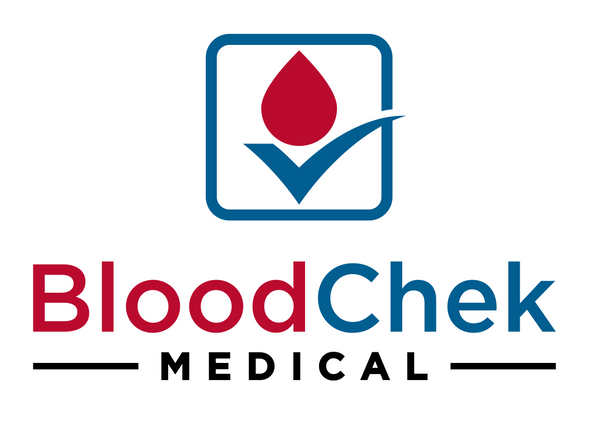The Importance of Regular Blood Tests
Share
The Importance of Regular Blood Tests: A Lifesaving Practice for All
Regular blood tests are more than just routine check-ups; they are vital tools that can detect potential health issues before they become serious. Whether you're a healthcare provider or someone who monitors your own health, understanding the significance of these tests can lead to better health outcomes and even save lives.
A Real-Life Example: The Parma Man's Wake-Up Call
In 2012, a man from Parma, Ohio, underwent a routine blood test that revealed his triglyceride levels were alarmingly high—over 1,000 mg/dL, far above the normal range. Despite feeling fine, he was at imminent risk of a heart attack. Thanks to this early detection, he received immediate treatment and made lifestyle changes that prevented a potential tragedy.
Why Regular Blood Tests Matter
For Healthcare Professionals
As a doctor or nurse, regular blood tests are essential in:
-
Early Detection: Identifying conditions like hyperlipidemia or diabetes before symptoms appear.
-
Monitoring Progress: Assessing the effectiveness of treatments and making necessary adjustments.
-
Preventive Care: Guiding patients towards healthier lifestyles based on their test results.
For Individuals
If you monitor your own health, regular blood tests can help you:
-
Stay Informed: Understand your cholesterol and glucose levels.
-
Make Lifestyle Changes: Adjust your diet and exercise routines based on your results.
-
Prevent Serious Conditions: Catch potential health issues early, when they're most treatable.
Key Tests to Consider
-
Lipid Panel: Measures cholesterol and triglyceride levels.
-
Glucose Test: Assesses blood sugar levels for diabetes risk.
-
HbA1c Test: Provides an average blood sugar level over the past 2-3 months.
Taking Action
Regular blood testing is a proactive step towards maintaining good health. Whether you're a healthcare provider or someone keeping tabs on your own health, these tests offer invaluable insights.
Note: Always consult with a healthcare professional before making any changes to your health regimen.
